The FIFA Club World Cup (FIFA CWC) is a premier international men’s football competition organized by FIFA, the global governing body of the sport. The FIFA Club World Cup, initially launched as the FIFA Club World Championship in 2000, was not held from 2001 to 2004 due to various factors, primarily the collapse of FIFA’s marketing partner, International Sport and Leisure (ISL). The foundation for the 2000 FIFA Club World Championship was established years earlier, with former AC Milan president Silvio Berlusconi presenting the concept to FIFA’s executive committee in December 1993 in Las Vegas, United States, as noted by Sepp Blatter. Read more: Five things you need to know about the FIFA Club World Cup Since its inaugural edition, the FIFA CWC has been dominated by European clubs in the last 20 editions, except from 2000 to 2004, when South American teams primarily held sway. The South American clubs owned it The South American clubs(Brazilian clubs) approached the competition with utmost seriousness, fueled by historical football rivalries, pride, and the pursuit of bragging rights, with Brazilian giants dominating the Club World Cup during that era. In 2000, Corinthians defeated Vasco da Gama (0–0, 4–3 penalties), then, in 2005, saw yet another South American team win it -this time, against a big giant in European football by then; São Paulo defeated Liverpool (1–0), and again in 2006, another South American club does it against a big player in Europe, from Spain; Internacional defeated Barcelona (1–0), to lift the World Club trophy. Read more: From early exits to big …
FIFA Club World Cup: European dominance, South American decline & a changing landscape
The FIFA Club World Cup (FIFA CWC) is a premier international men’s football competition organized by FIFA, the global governing body of the sport.
The FIFA Club World Cup, initially launched as the FIFA Club World Championship in 2000, was not held from 2001 to 2004 due to various factors, primarily the collapse of FIFA’s marketing partner, International Sport and Leisure (ISL).
The foundation for the 2000 FIFA Club World Championship was established years earlier, with former AC Milan president Silvio Berlusconi presenting the concept to FIFA’s executive committee in December 1993 in Las Vegas, United States, as noted by Sepp Blatter.
Read more: Five things you need to know about the FIFA Club World Cup
Since its inaugural edition, the FIFA CWC has been dominated by European clubs in the last 20 editions, except from 2000 to 2004, when South American teams primarily held sway.
The South American clubs owned it
The South American clubs(Brazilian clubs) approached the competition with utmost seriousness, fueled by historical football rivalries, pride, and the pursuit of bragging rights, with Brazilian giants dominating the Club World Cup during that era.
In 2000, Corinthians defeated Vasco da Gama (0–0, 4–3 penalties), then, in 2005, saw yet another South American team win it -this time, against a big giant in European football by then; São Paulo defeated Liverpool (1–0), and again in 2006, another South American club does it against a big player in Europe, from Spain; Internacional defeated Barcelona (1–0), to lift the World Club trophy.
Read more: From early exits to big payouts: The financial upside of African teams at the FIFA Club World Cup
The European-Club Dominance
European clubs increasingly took the FIFA CWC seriously, viewing it as a prime opportunity to showcase their prowess while mirroring the pride, dominance, and pursuit of bragging rights initially displayed by Brazilian teams since the tournament’s inception.
AC Milan, led by one of the competition’s initiating figures, Silvio Berlusconi, sparked a European-dominated era in the FIFA CWC, establishing a defining landmark for the tournament’s history starting in 2007, when Milan defeated Boca Juniors (4–2), a Brazilian side – the back of the camel was then broken.
To continue the legacy of their dominance in the continental competition, the European clubs have successfully held the fort in the 7-game tournament from 2007-2011, with winners including Manchester United(2008), Barcelona(2009), Inter Milan(2010), and Barcelona (2011).
In the 2012 FIFA CWC, South American club Corinthians made a significant impact, begging for the question: Where did their dominance go? The answer is clear to many—European clubs have since taken control, replicating the same fierce determination that once propelled South American teams to seize the competition by storm.
Then, from 2013, the European club’s winning streak parachuted – a proof of their relentless mettle on the continental stage, is as follows:
2025: Chelsea defeated PSG (3-0)
2023: Manchester City defeated Fluminense (4–0)
2022: Real Madrid defeated Al-Hilal (5–3)
2021: Chelsea defeated Palmeiras (2–1 after extra time)
2020: Bayern Munich defeated Tigres UANL (1–0)
2019: Liverpool defeated Flamengo (1–0 AET)
2018: Real Madrid defeated Al-Ain (4–1)
2017: Real Madrid defeated Gremio (1–0)
2016: Real Madrid defeated Kashima Antlers (4–2 AET)
2015: Barcelona defeated River Plate (3–0)
2014: Real Madrid defeated San Lorenzo (2–0)
2013: Bayern Munich defeated Raja Casablanca (2–0)
In 2024, FIFA paused the Club World Cup to prepare for its revamped format, hosting the FIFA Intercontinental Cup instead. Real Madrid won the tournament, cementing their status as record titleholders with five victories (2014, 2016, 2017, 2018, 2022) -Barcelona follows with three titles (2009, 2011, 2015).
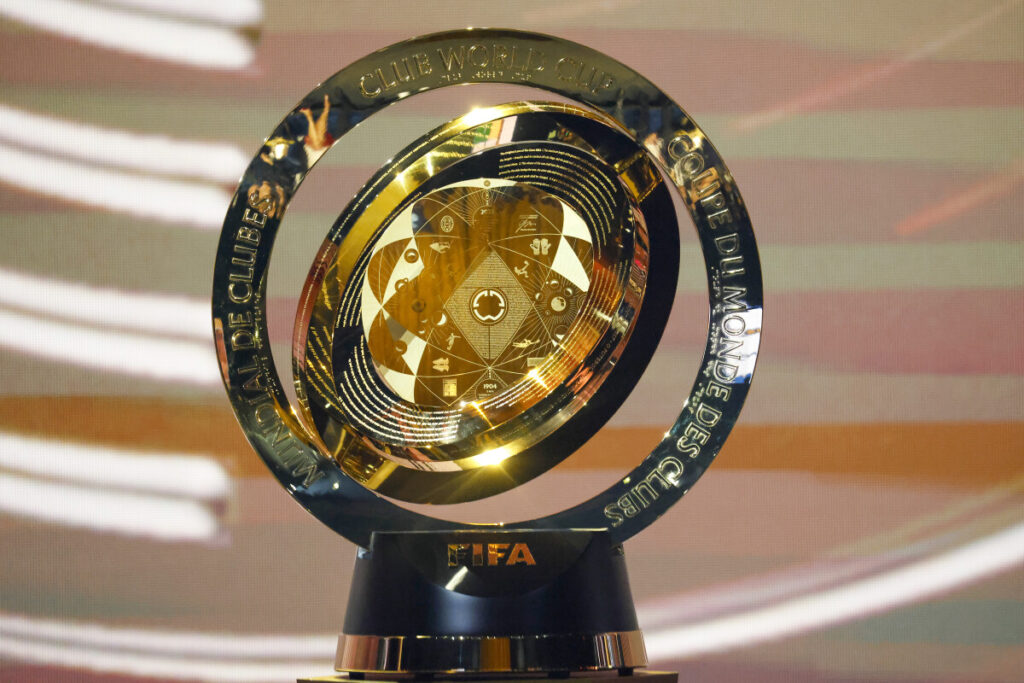
Fast forward to 2025, the newly expanded FIFA CWC kicked off in Miami on June 14 for the 21st edition of the tourney, with a new-look 32-team tournament hosting some of the best clubs in the world.
The inaugural expanded CWC featured 32 teams for the first time, representing all six confederations under FIFA’s governing body: AFC (Asia), CAF (Africa), CONCACAF (North America and the Caribbean), CONMEBOL (South America), OFC (Oceania), and UEFA (Europe).
The revamped tournament, hosted in the United States, spans 29 days with 63 matches, featuring eight groups of four teams competing in a mini-league format, where the top two teams from each group advance to a knockout stage from the round of 16 to the final.
Several of Europe’s elite clubs competed, including Real Madrid, Manchester City, Bayern Munich, Juventus, Chelsea, reigning Champions League champions Paris Saint-Germain, and runners-up Inter Milan.
From South America, top Brazilian clubs Fluminense, Flamengo, Palmeiras and Botafogo — all recent winners of Copa Libertadores, South America’s top clup competition — participated, while River Plate and Boca Juniors represented Argentina.
All four Brazilian teams advanced to the round of 16, showcasing resilience and high-quality football. However, only Fluminense and Palmeiras reached the quarter-finals.
Palmeiras fell to European powerhouse Chelsea, while Fluminense progressed to the semi-finals after defeating Saudi Pro League side Al-Hilal.
The dominance of European clubs was evident as Conference League champions Chelsea and UEFA Champions League winners PSG set the stage for the first all-European FIFA Club World Cup final, with Chelsea securing a commanding 3-0 victory to claim the first trophy in the competition’s revamped format.
Across 21 editions of the CWC, European teams have unsurprisingly dominated, claiming 17 titles, while South American clubs, primarily from Brazil, have secured the remaining four, highlighting a clear gap in competition.
Most Successful Clubs
- Real Madrid (Spain) – 5 titles (2014, 2016, 2017, 2018, 2022)
- Barcelona (Spain) – 3 titles (2009, 2011, 2015)
- Bayern Munich (Germany) – 2 titles (2013, 2020)
- Chelsea (England) – 2 titles (2021, 2025)
- Corinthians (Brazil) – 2 titles (2000, 2012)
Most Successful Countries
- Spain – 8 titles
- England – 5 titles
- Brazil – 4 titles
- Germany – 2 titles
- Italy – 2 titles
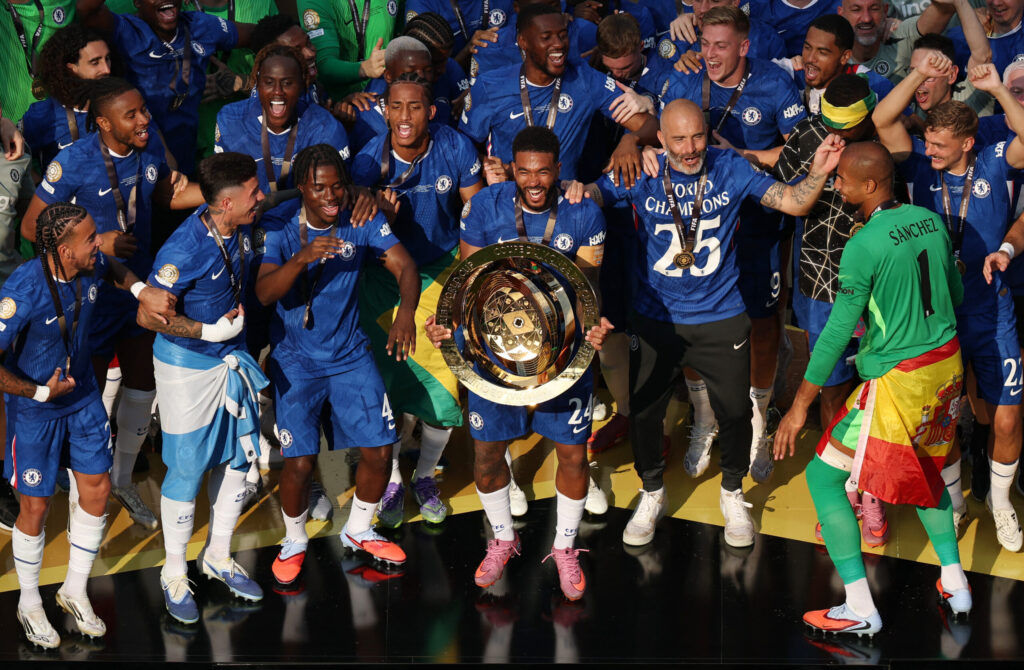
The Surprises
The expanded tournament promised surprises, and it delivered. European giants Chelsea and PSG, who reached the final, suffered group-stage defeats to South American powerhouses Flamengo and Botafogo, respectively.
In a stunning CWC last-16 upset, Fluminense defeated Inter Milan 2-0, while Saudi Pro League side Al-Hilal dramatically ousted one of the competition’s favourites, Manchester City 4-3, in a thrilling seven-goal extra-time clash, proving a Saudi club could topple a European giant. Yes! It happened right in front of our eyes.
The financial package
The revamped tournament introduced a substantial financial package, richly rewarding every moment of play, with a total prize fund of $1 billion and the winner potentially earning $125 million.
Each team is guaranteed to earn between $3.58 million and $38.19 million just for taking part. Additional prize money was awarded as teams advanced in the competition; a spot in the final was worth $30 million on its own.
Fans coverage
Despite initially high ticket prices, which were later lowered due to low attendance and fan backlash, the intense summer heat did not discourage supporters from filling stadiums.
An average attendance of nearly 39,000—only slightly below Europe’s top leagues last season—reflected the event’s strong appeal, despite venues often exceeding crowd expectations
A standout feature of the early matches was the vibrant and passionate support from Urawa Reds fans. Despite Japan’s most popular club leaving without points, they earned $9.5 million for their participation.
Brazilian fans have embraced the Club World Cup with unmatched enthusiasm, evident in their vibrant support during matches, both from those in the U.S. and back home, showcasing their deep passion for the tournament and football overall.
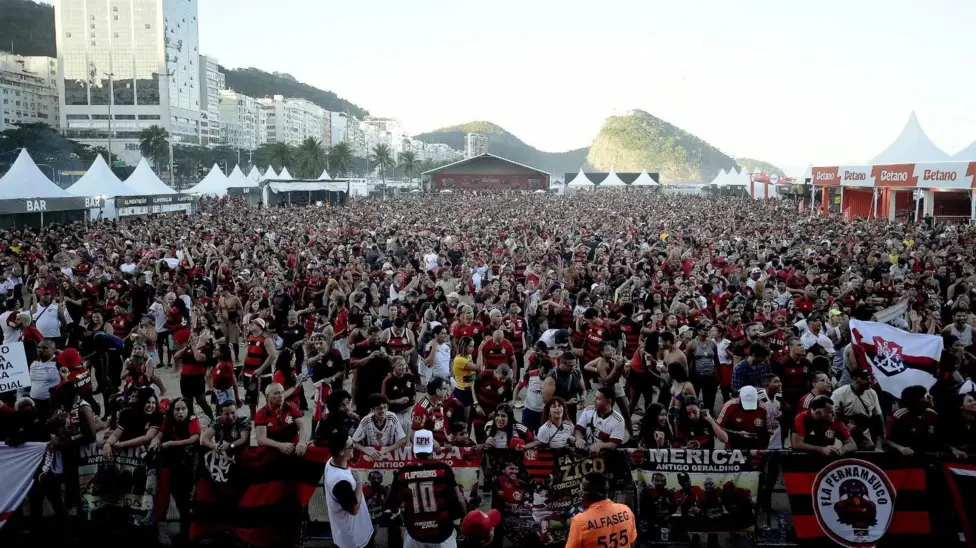
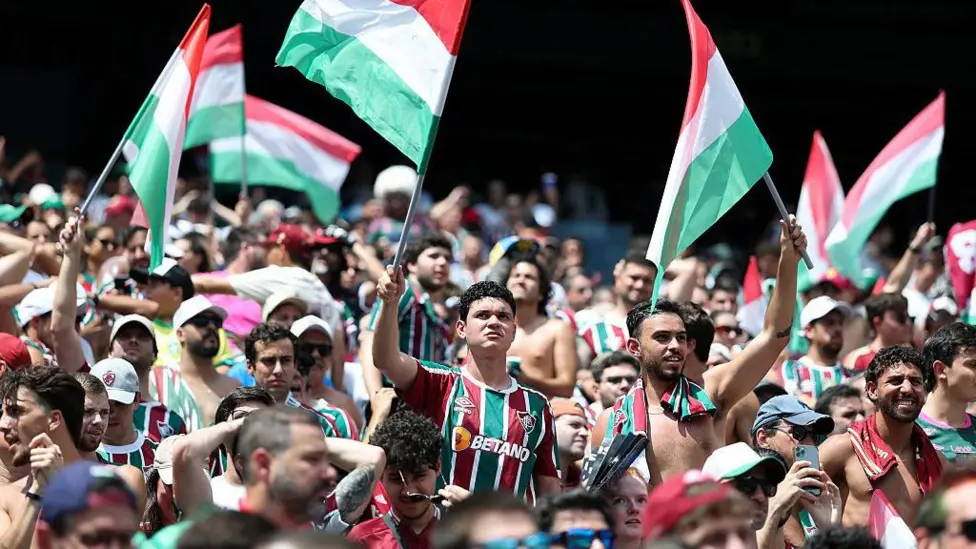
While European teams continue to show their supremacy in the Club World Cup, even with the expanded format, South American clubs, especially Brazilian sides, are poised to offer fierce competition. However, whether they can dethrone the European giants remains a question only time will answer.




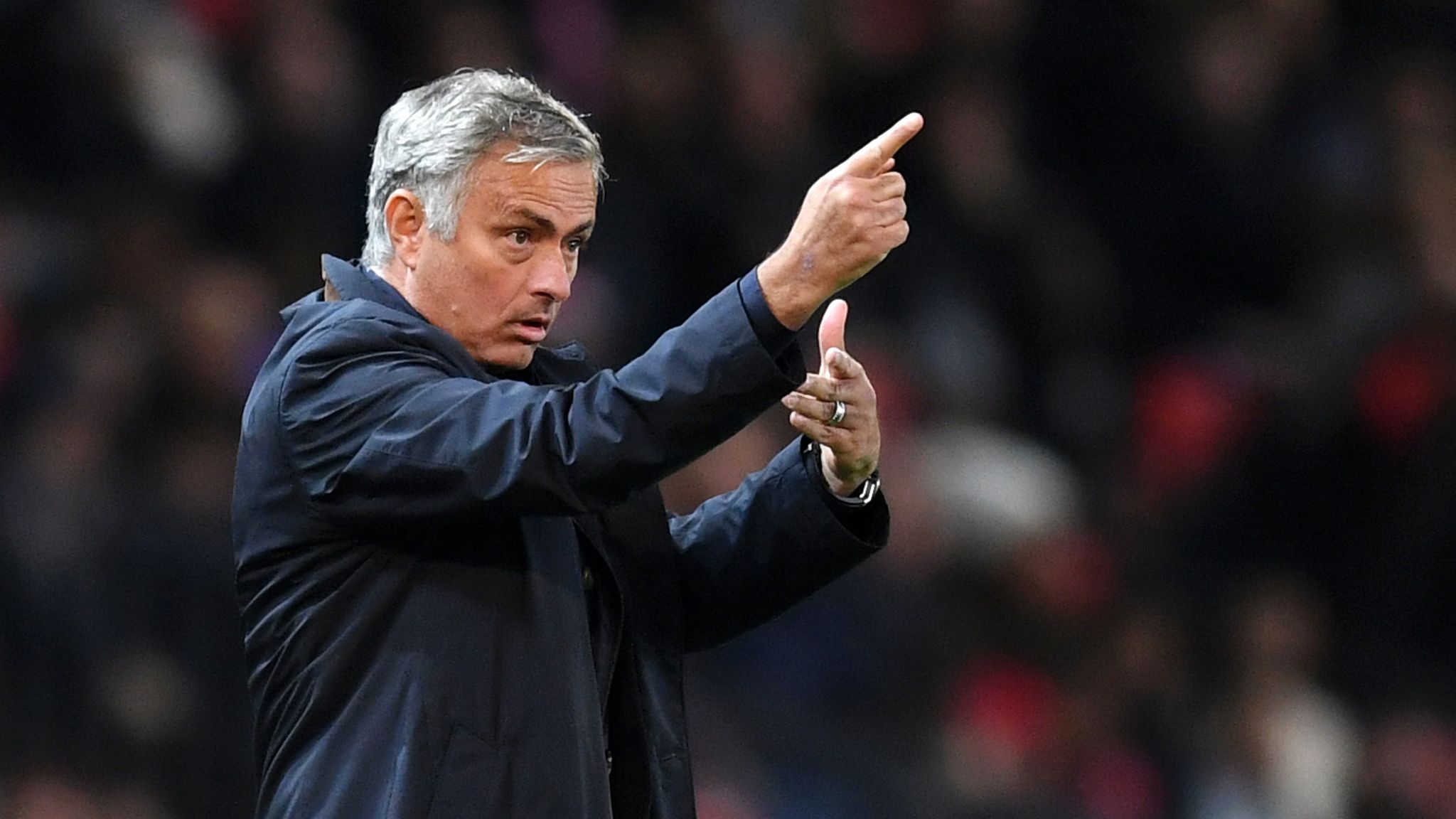







Comments
Eugene Kofi Tetteh
Very educative piece. It would be nice to see the face behind all the wonderful editorials.
Ishmael Amonoo
Thank you. Your submission is well acknowledged.